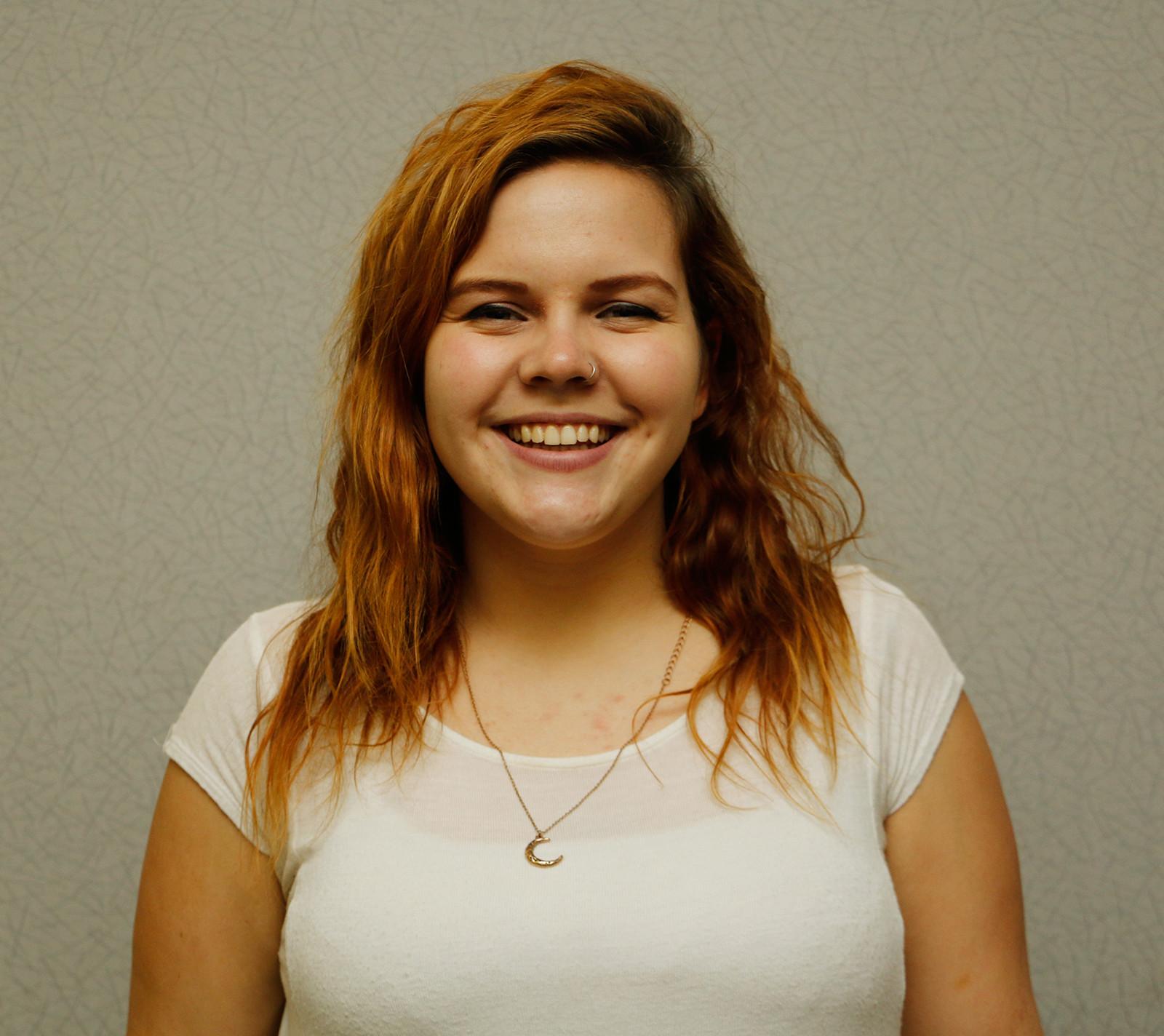Remember when you were in the seventh grade and you said something awful to your mother? Remember how right you thought you were? How justified you felt slamming your door? Take in all those cringe-worthy moments. Sit in them. Feel bad about them. Now that time has passed, you know that you were actually wrong, and that your mom is a saint for putting up with your BS. In hindsight, we were all problematic seventh graders.
I once got into a fight with my mom about stealing 3D glasses from a Disney World ride. I wanted to wear them as nerd glasses. My mom said no and I was a spoiled brat about it, not knowing she was one, doing the right thing, and two, protecting me from a heinous fashion crime. I look back on that instance and feel awful. It’s so easy to look back at a mistake you made as a kid and admit that you were wrong. Accepting mistakes you’ve made as an adult, however, it’s not so easy.
With social media and the Internet, opinions and thoughts and beliefs are constantly projected and captured to exist on the web forever. At any point in time, someone can go to my Tumblr, go back four years, and find a pretty ignorant teenage girl. I was not considerate or sympathetic or even aware of social issues. I found jokes funny that would ruin present day relationships I have. I was problematic. Even today, I find myself constantly learning and growing and discovering problematic beliefs I hold. Every day, I am wrong and flawed.
People have a hard time, though, recognizing, admitting and accepting that they’re wrong, especially when their every move is self-documented. Take Twitter, for example. Azealia Banks, a talented rapper, is mostly known for her tweets and Twitter beefs. Even as recently as Sept. 28, she tweeted a comment comparing the gay community to the KKK and suggested that women should be limited on the number of abortions they can have. Both statements sparked outrage among followers and fans. Banks, though, did not apologize for any of her offensive material. A proponent for women of color and equality, Banks lets her inability to admit wrongdoing trump all of her accomplishments as an artist and as an activist. When criticized, she immediately stoops to insults instead of arguing her point. She comes across as a bully on the playground, petulant and juvenile in her ways. More importantly, her angst supersedes any of the valid points she might be trying to make. Everything about Banks’ Twitter screams “public relations nightmare.”
At the other end of the spectrum, when Trevor Noah was announced as the new host of “The Daily Show” in March, the media went through his Twitter and found a series of disgraceful old tweets featuring offensive jokes. Comedians like Seth MacFarlane and Patton Oswalt came to his defense, claiming the public was too sensitive. After Noah’s initial public apology, he admitted he was an idiot and the jokes were bad. Noah was right — the jokes were bad, at best. Unlike MacFarlane or Oswalt, Noah recognized the jokes he had made were offensive, and did not bother making up excuses about freedom of speech or political correctness. Instead, he embraced that 2011 Trevor Noah was not as aware or as kind as present-day Trevor Noah.
So while embracing Beyoncé’s banger ***Flawless may lead to a better sense of self-esteem, actually operating as a flawless human being is next to impossible. We are all problematic, and it is easier to admit that than to pretend otherwise. In the 21st century, pretending means spending a lifetime defending something dumb you tweeted that one time, three years ago. We are ever evolving beings, constantly growing and learning and realizing at one point in time we were incredibly wrong about something.
Life doesn’t have to be one PR nightmare after another. Simply admitting ignorance or wrongdoing closes a narrative you probably don’t want to continue, especially if you were in the wrong. Apologize for what you did, forgive yourself and give your mom a call for a healthy dose of reality.
























































































































